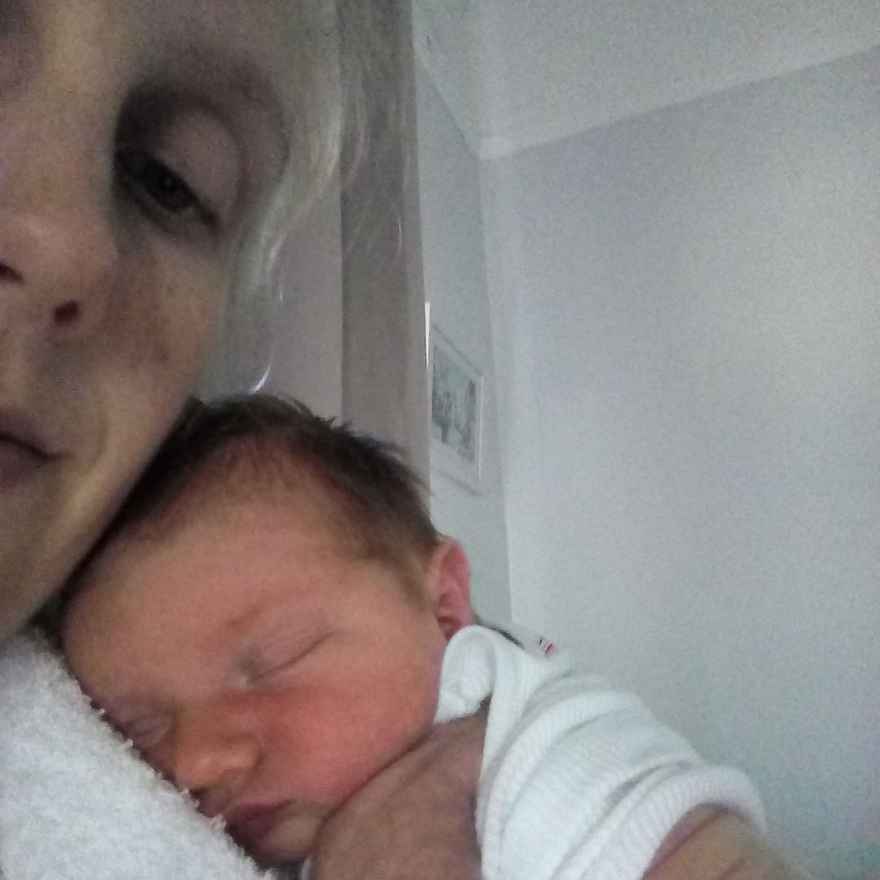White Privilege and My Empowered Home Birth

My empowered home birth was a reflection of my inner work and outer advocacy, but also relied upon my white privilege.
To access a publicly-funded homebirth service is rare in Australia.
You need to be located within striking distance to hospital. ABS data from 2019 tells us that only 10% of non-Indigenous people live outside major city and inner regional areas, while 39% of Indigenous people live outside these zones.
You need to be a “low risk pregnancy”. Because I am a white Australian, I haven’t been subject to generations of systemic disadvantage based on racism and classism that increases my likelihood of having risk factors like diabetes. According to Burrow and Ryde (2016), Aboriginal and Torres Strait Islander pregnant women are three times more likely to have pre-existing diabetes than non-Indigenous birthing women, and almost twice as likely to develop gestational diabetes. This is not “just genetics”, these are the effects of continuing colonisation.
My whiteness meant I could research and organise a referral to the service I wanted in my primary language.
My whiteness means I am more likely to have access to secure, long-term housing to birth in.
My partner’s whiteness means he’s less likely to have been exposed to trauma, profiled by authorities through his lifetime and be record-free, so my family’s home was considered safe for midwives to attend.
My whiteness means I wasn’t scared of being profiled myself at scheduled appointments, or disclosing any concerns I had.
My whiteness meant I didn’t have any fears that my baby might be taken away from me when it was born.
This does not mean that white mothers will automatically experience a birth they consider to be a “positive” experience, and statistically, an unacceptable number do not. It just means there are fewer hoops to jump through than for mothers who look different to me.
"Maternity choices" are only choices if they exist for everyone, and my whiteness allowed me to utilise options that others don’t have.
We can’t “step into our power” as a collective of birthing women and parents without decolonising ourselves, our birth systems and our entire social fabric.
Think about it.
Categories
- News (33)
- Breastfeeding (22)
- Post-partum (69)
- Sleep (14)
- Food (7)
- Partners (19)
- Rehab (2)
- Parenting (51)
- Birth (21)
- Pandemic (14)
- Research Update (5)
- Decolonisation (2)
- Covid (14)
- Education (8)
- Motherhood (43)
- vaccines (2)
- Children (9)
- self employed (2)
- government policy (3)
- feminism (10)
- abortion (3)
- lockdown (3)
- infancy (1)
- gentle parenting (10)
- infertility (1)
- parenthood (9)
- isolation (2)
- village (5)
- Pregnancy (7)
- Podcast (2)
- Mental Health (5)
- Career (2)
- Mental Load (1)
- Community (1)
- Technology (1)
- Doula (2)
0 comments
Leave a comment
Please log in or register to post a comment